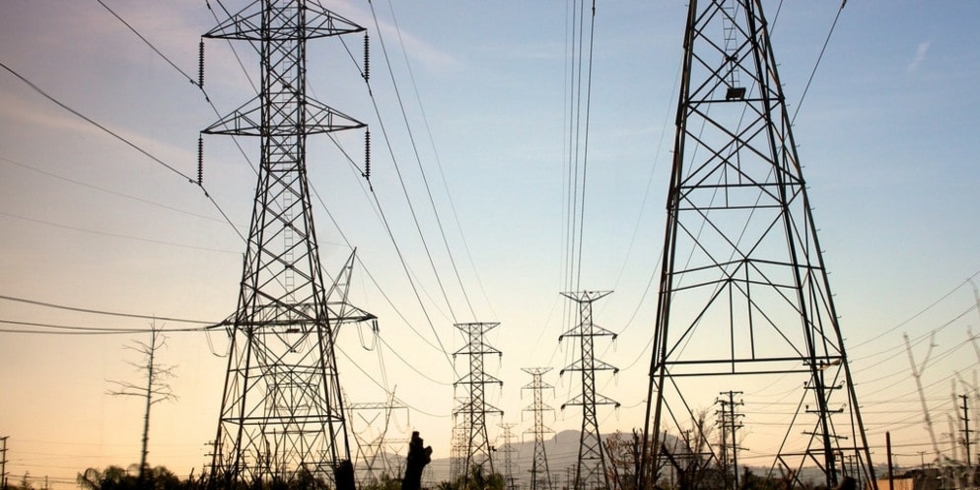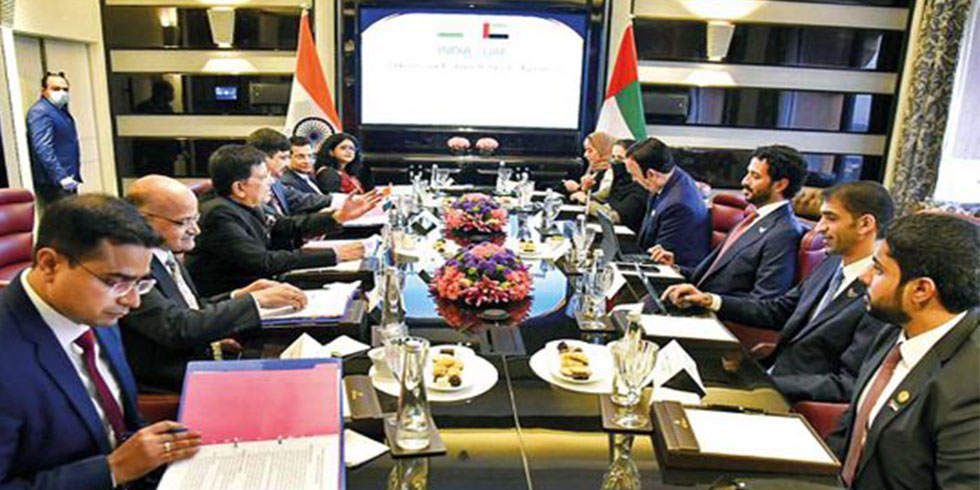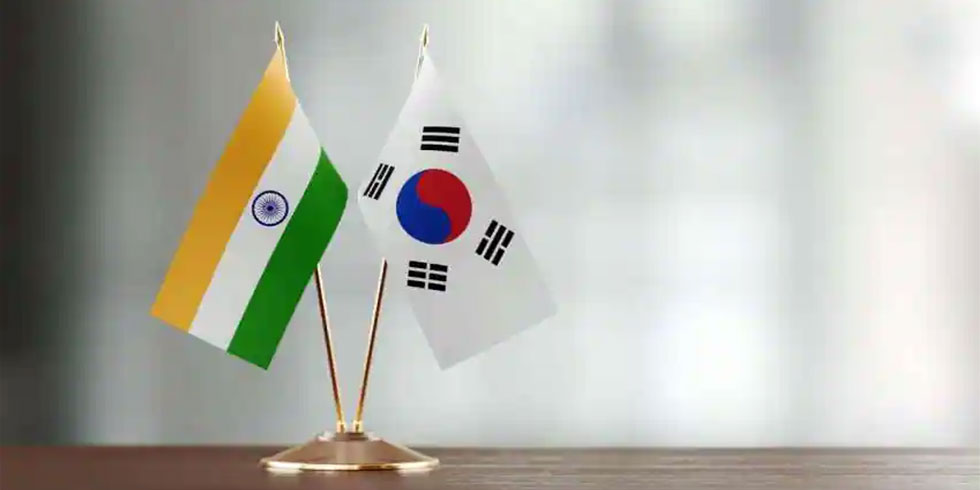POWERGRID has signed a Joint Development Agreement with Africa50, a pan-African infrastructure investment platform, to continue development of the Kenya Transmission Project through a public-private partnership.
Africa's power transmission networks are taking a step forward:
The project covers the development, funding, construction, and operation of the 400kV Lessos – Loosuk and 220kV Kisumu – Musaga transmission lines under a public-private partnership (PPP) framework. When completed, the project will be Kenya's first Independent Power Transmission (IPT) and will set a precedent for PPP-based transmission line finance in Africa. This project will also increase power transmission supply and reliability in Western Kenya, as well as serve as a model for private sector investment in Africa's power transmission networks, which is crucial for closing the continent's electricity access gap.
As part of this development partnership, POWERGRID, one of the world's leading electric transmission utility companies, will provide technical and operational expertise to the project, while Africa50 will contribute project development and finance expertise, as well as serve as a link between the Kenyan government and private investors. The signing of this agreement indicates POWERGRID and Africa50's willingness to continue devoting resources to the project's development.
While signing on behalf of POWERGRID, Chairman and Managing Director K. Sreekant stated, "POWERGRID is thrilled to cooperate with Africa50 in the building of Kenya's first PPP mode transmission project." Transmission is critical to the overall efficiency of the electricity supply system. A strong transmission network not only provides the energy grid with dependability and security, but it also offers non-discriminatory access to buyers and sellers, fostering competition and resulting in competitive electricity pricing for the final consumer. He stated that POWERGRID hopes that the current transmission project in Kenya would serve as a model for future transmission projects in Kenya and other African countries.
Africa50 CEO Alain Ebobissé expressed his excitement at the opportunity to work with the Kenyan government and POWERGRID to deliver this important and groundbreaking project in one of our shareholder countries in a statement released following the signing. Private investment in Africa's energy production infrastructure has received a lot of attention in recent years. It is past time to focus on increasing private investment in the construction of power transmission networks across Africa, as these are a critical link in increasing electricity availability, especially in underserved areas."
About Africa50:
Africa50 is an infrastructure investment platform that promotes the growth of Africa's economy by developing and investing in bankable infrastructure projects, stimulating public sector capital, and mobilising private sector funding, all with differentiated financial returns and impact. The African Development Bank, the Central Bank of West African States (BCEAO), and Bank Al-Maghrib are the current shareholders of Africa50.
A peep into India-Africa energy ties:
Because of their growing interdependence, India's relations with African governments have grown in importance in a rapidly globalising world. This interconnectedness is reflected in bilateral and multilateral activities in the economic, development, and politico-strategic sectors. Among many areas of collaboration, the energy sector has received special attention due to its importance in India-Africa relations.
The increased importance of energy in the Indian economy can be attributed to the acceleration of economic liberalisation following 1991. It aided India's international expansion by increasing foreign exchange reserves and gradually integrating the Indian economy into the global economy.
India has also managed to increase the share of renewable energy in its power generation capacity to 20% in a relatively short period of time. India aims to increase the proportion of non-fossil fuels in its energy basket to 40% by 2030, as part of a pledge to reduce carbon emissions by 30-35 percent from 2005 levels. Significant energy cooperation already exists between India and several African countries. According to the IEA, renewables will play a significant role in Africa's energy mix in the coming years, with renewable energy – geothermal, hydro, solar, and wind – accounting for more than 25% of Africa's total energy by 2040.
ISA to promote greater cooperation between India and African nations:
The International Solar Alliance is a crucial platform for India and African countries to better collaborate. India's renewable energy strategy is heavily influenced by African countries, as the Indian government has taken the lead in producing renewable energy, notably solar energy. For the promotion of renewable energy, the Ministry of New and Renewable Energy has developed bilateral cooperation with a number of African countries. As a result, under the auspices of the ISA, India, along with other alliance members and African partners, may expand the reach of solar energy in Africa, particularly for off-grid generation in rural regions.














Add Comment